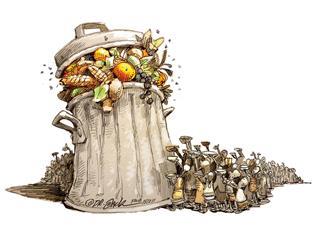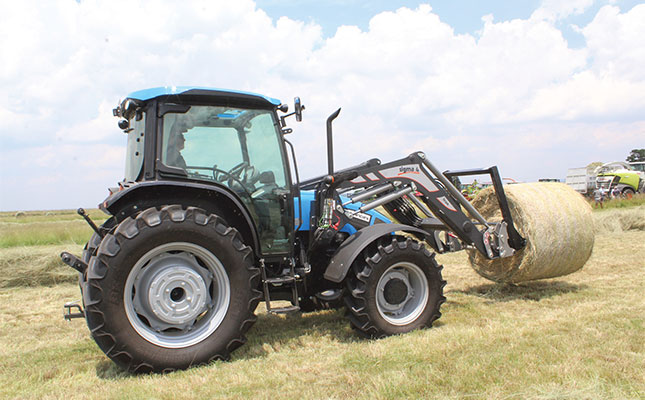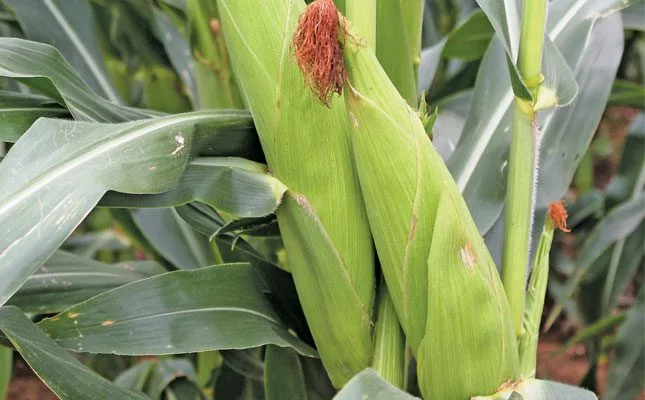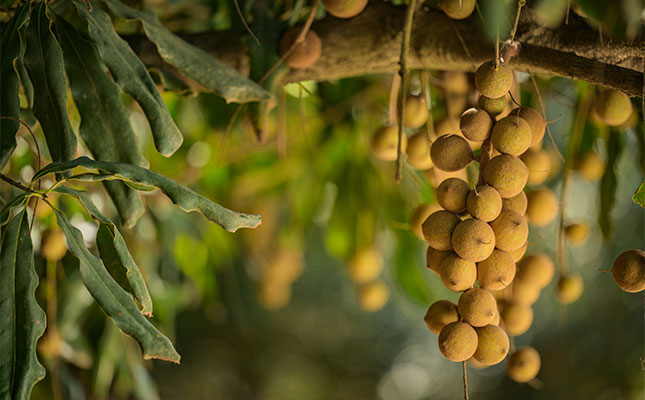Where will help come from?
The advent of a new year has done little to lift our spirits. South Africans are worried about our lacklustre economy, student protests and unabated crime.
Rounding up the scapegoats
The new year has started in much the same way as 2015 ended – on a spectacular low, with the rand weakening to historic levels against major currencies, little relief from what is fast turning into a catastrophic drought, and the downgrade of South Africa’s credit rating to just one level above junk status.
Once-in-a-lifetime opportunity for Africa
As industrialising countries struggle to feed themselves, the world will look increasingly to Africa to be the solution. But according to a new report by PricewaterhouseCoopers, the first step is for African food security efforts to become more urgent so that the continent can thrive.
Keep your children safe online
This app boasts a wide range of features that help you to protect your kids.
Food wastage in SA: the shameful facts
Farmers today produce a staggering 50% more food than is needed to feed everyone on earth. Why then are millions of people still hungry? The reason, suggests the National Agricultural Marketing Council, lies mainly in the widespread wastage of food.
Are you ready for 2016?
For a few days at the end of 2015, South Africa’s working class could allow itself to be blinded by fireworks and twinkling Christmas decorations.
Invest in women for faster economic growth
Given enough opportunity, women entrepreneurs can increase economic growth in Africa, according to Estherine Lisinge-Fotabong of the New Partnership for Africa’s Development Agency. She was speaking at the recent second conference for Women in Agribusiness in Durban.
Cloudy on climate change
Climate change alarmism is profoundly influencing policymakers. Yet some experts question the received wisdom on the issue, and worry that current policies can cause harm. Environmental specialist, Dr John Ledger, addressed the issue at the De Beers Diamond Route Conference.
The Wireless Rumen Bolus (WRB) tracker
Detect livestock illnesses up to 36 hours before the outward signs appear,
Rest in pieces 2O15
At the end of every year, most of us are naturally drawn to reflection. This habit is encouraged by news-carrying media, which often focus on the stories that made headlines during the year.
Hunters need leadership and vision
Gerhard Damm, the editor of African Indaba, Conservation Force’s African newsletter, reviews some of the points raised in a recent online debate concerning hunting as a conservation tool.
What is China’s endgame?
South Africa was treated to a taste of Chinese propaganda with President Xi Jinping’s visit earlier this month.
Can we invent our way out of this drought?
Amazon.com founder Jeff Bezos once said one of the only ways to get out of a tight box is to invent a way out, and when I think of tight boxes in this context, I can’t help but think of the drought we’re experiencing at the moment.
‘Waste not, want not’ is easier said than done
The global population hit the seven billion mark in October 2011, and with it came greater public awareness of food security.
Keep track of your cattle at all times
Save money and keep your cows healthy with this electronic monitoring system.
Madam Customer is always right
To make it in the market these days, you have to know exactly who your customer is and satisfy her specific demands. A ‘shotgun’ approach to marketing will get you nowhere. This was the message of Dr Johan van Deventer, managing director of Freshmark, speaking at the Undercover Farming Conference held at Simondium in the Western Cape recently.
‘Where does my laughter hurt you?’
I doubt whether there were many farmers – many South Africans in fact – who enjoyed seeing President Jacob Zuma chortle his way through his last parliamentary question-and-answer session for the year.
Resolute Namibian farmers cope with drought, disease
Namibia’s commercial farmers have endured hardship over the past year, with their resilience tested by a harsh extended drought and ongoing foot-and-mouth disease. Derek Wright, exiting president of the Namibian Agricultural Union (NAU), paid them tribute at the official opening of the 2015 NAU congress in Windhoek.
- ADVERTISEMENT -
- ADVERTISEMENT -
MUST READS
- ADVERTISEMENT -






